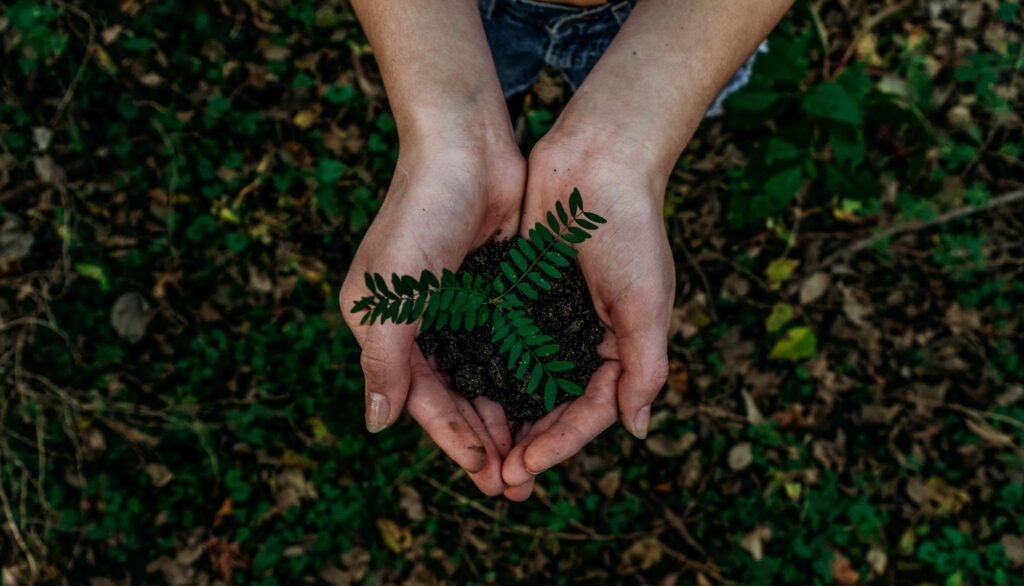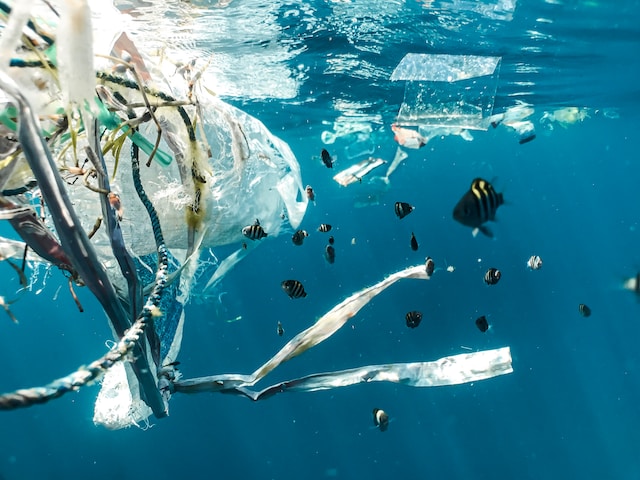In today’s fast-paced world, where environmental concerns are on the rise, it has become crucial for individuals and businesses alike to embrace sustainability. The product, “Eye-opening Sustainability Statistics Driving Change,” offers a comprehensive collection of impactful statistics that shed light on the urgent need for sustainable practices. From alarming figures on carbon emissions to eye-opening data on deforestation, this product presents an astonishing array of information that is sure to inspire change and encourage a more eco-conscious approach in all aspects of life.
Impact of Plastic Waste
Plastic waste has become an increasingly pressing issue in recent years, with its negative impact on the environment and wildlife becoming more evident. The excessive use of plastic and the lack of proper disposal methods have led to a growing problem that we must address urgently. Plastic waste not only takes up valuable landfill space but also finds its way into our oceans, causing significant harm to marine life. Additionally, plastic pollution has economic costs that cannot be ignored. It is crucial for us to understand the gravity of this issue and take active steps to reduce plastic waste and protect our planet.
The Growing Problem of Plastic Waste
Plastic waste has reached alarming levels globally, with approximately 8 million metric tons of plastic ending up in our oceans every year. This waste not only damages the delicate marine ecosystems but also poses a serious threat to human health. The production and consumption of single-use plastics have seen a significant rise, contributing to the proliferation of plastic waste. It is estimated that by 2050, there will be more plastic in the oceans than fish, highlighting the urgency to address this growing problem.

Plastic Waste in the Ocean
The impact of plastic waste on our oceans cannot be overstated. Marine life is severely affected by plastic pollution, as many species mistake it for food or become entangled in plastic debris. This leads to injury, suffocation, and even death. Sea turtles, fish, marine mammals, and birds are among the most affected by plastic waste, with a multitude of animals found dead due to ingesting or getting trapped in plastic. The presence of microplastics, tiny particles resulting from the breakdown of larger plastic items, poses an additional threat to marine life, as they can enter the food chain and accumulate in animals over time.

The Impact of Plastic on Wildlife
Plastic pollution not only harms marine life but also has devastating consequences for wildlife on land. Animals can become entangled in plastic debris, leading to injuries or death. Plastic can also be mistaken for food, causing internal blockages and starvation. Species such as birds, mammals, and reptiles are particularly vulnerable to the detrimental effects of plastic waste. Furthermore, the chemicals present in plastics can negatively impact reproductive systems and cause hormonal imbalances in wildlife, leading to population decline and disruption of ecosystems.

The Economic Costs of Plastic Pollution
In addition to its environmental and wildlife impact, plastic pollution also carries substantial economic costs. The clean-up and disposal of plastic waste require significant resources and manpower. Local communities and governments must allocate funds to manage waste properly, diverting limited resources from other important areas. Plastic waste also affects tourism and recreational activities, as polluted beaches and waters deter visitors and harm local economies. Furthermore, the contamination of water sources by plastic waste can affect agriculture and fisheries, resulting in economic losses for these industries. It is evident that the economic burden of plastic pollution is substantial and further emphasizes the need for effective waste management and reduction strategies.
In conclusion, the impact of plastic waste on our environment, wildlife, and economy cannot be ignored. It is crucial for individuals, communities, and governments to take action and adopt sustainable alternatives to reduce plastic consumption and ensure proper waste management. By making conscious choices and promoting responsible practices, we can mitigate the effects of plastic pollution and preserve the health of our planet for future generations.










